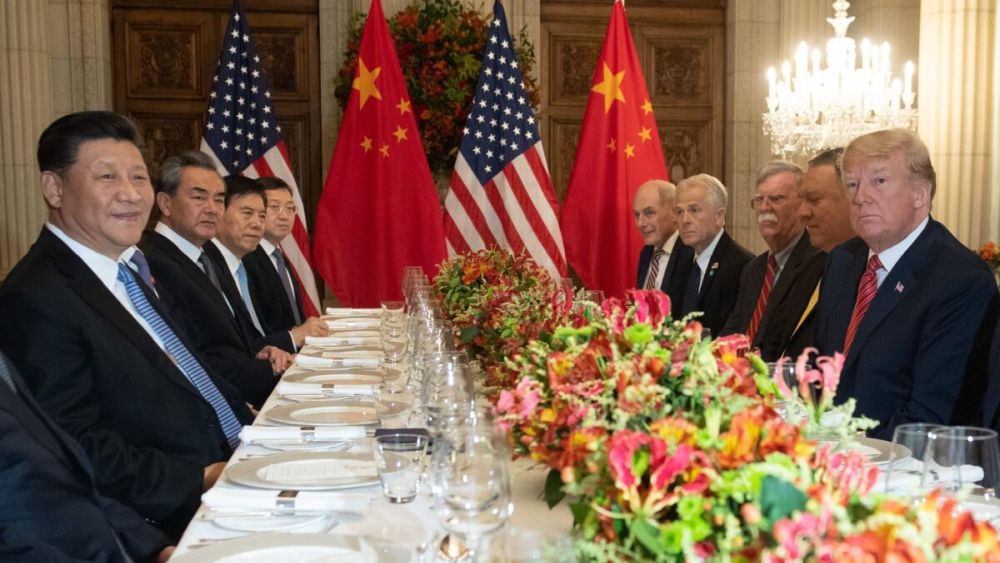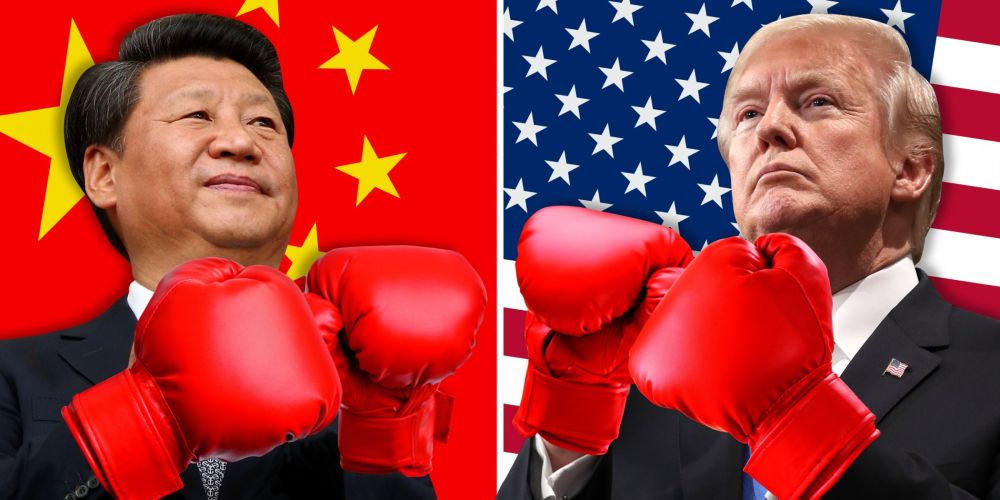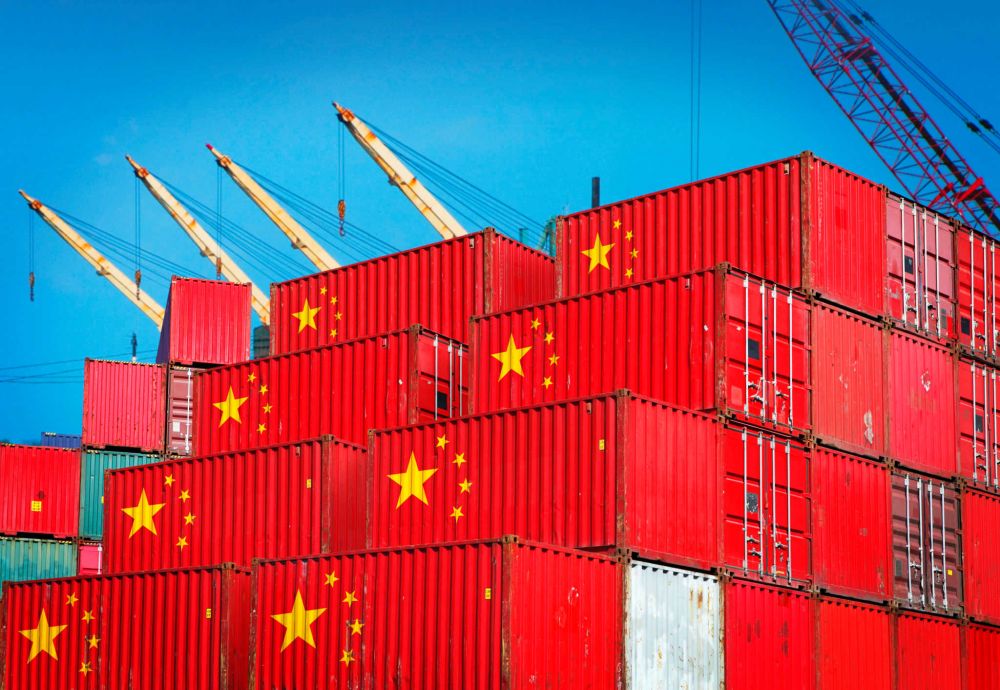China and the United States have entered a temporary truce in their ongoing tariff war, following high-stakes negotiations in Geneva. Tariffs that previously reached as high as 145% have been slashed—down to 30% on the US side and 10% for China. While this détente signals a willingness to avoid further economic escalation, it doesn’t resolve the strategic mistrust driving these measures.

President Xi Jinping used the moment to strike a defiant yet cautious tone. He described the past U.S. stance as “bullying and tyranny,” arguing that such behavior isolates nations rather than strengthens them. Xi’s rhetoric was clearly aimed at reinforcing China’s image as a reasonable global actor, though still unwilling to concede too much to American pressure.

This pause in tariff action is framed as a 90-day window, allowing time for deeper negotiations. Washington has made it clear that further progress is expected during this interval. If not, new tariffs or stricter measures could re-emerge. China, while pleased with the reduced pressure, remains economically fragile due to domestic issues like a faltering property market and lukewarm consumer spending.

Despite the optics of compromise, this is far from a true resolution. Both nations are playing a calculated game—balancing public bravado with cautious diplomacy. The next three months will reveal whether this handshake is the beginning of a reset or just a well-staged intermission in a much longer rivalry.

#USChina #TradeWar #Tariffs #XiJinping #Geopolitics #Economy #GlobalTrade
